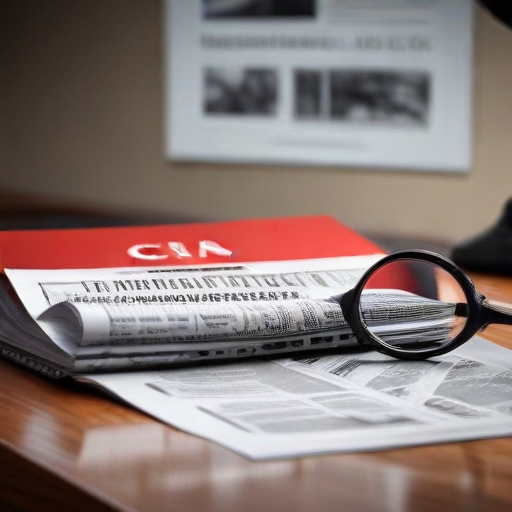President-elect Donald Trump has appointed John Ratcliffe as the next director of the CIA. Ratcliffe, who is currently the co-chair of the Center for American Security at the America First Policy Institute, was previously considered a candidate for the position of attorney general.
A former representative from Texas, Ratcliffe led the Office of the Director of National Intelligence from 2020 to 2021 during Trump’s first term. His selection was met with criticism, as many believed Trump was politicizing intelligence for his own purposes. Notably, Ratcliffe garnered attention for disclosing unverified claims regarding Russian interference in the 2016 presidential election, which raised concerns among intelligence officials about the integrity of the intelligence community.
In announcing Ratcliffe’s appointment, Trump emphasized his loyalty, stating, “From exposing fake Russian collusion to be a Clinton campaign operation, to catching the FBI’s abuse of Civil Liberties at the FISA Court, John Ratcliffe has always been a warrior for Truth and Honesty with the American Public.” Additionally, a CIA official confirmed the agency’s commitment to facilitating a smooth transition.
Ratcliffe’s initial nomination as director of national intelligence in 2019 was withdrawn amid scrutiny over his qualifications and political bias. However, he was re-nominated in 2020, following his strong defense of Trump during the first impeachment inquiry. The Senate confirmed him in a party-line vote.
During his tenure as director of national intelligence, Ratcliffe assured Trump and his associates that there was no evidence of foreign interference or widespread fraud in the 2020 election. Subsequently, he was compelled to testify before a federal grand jury regarding this issue as part of special counsel Jack Smith’s investigation into the events surrounding the election.
Ratcliffe represented Texas’ 4th Congressional District from 2015 to 2020 and served on the House Intelligence and Judiciary Committees.
This development signals a continuation of Trump’s influence over intelligence and national security apparatuses, aiming for consistency in leadership as his presidency unfolds. The appointment of Ratcliffe may offer a sense of direction for those aligned with Trump’s vision, hoping that his familiarity with national security matters will lead to decisions that bolster the U.S. intelligence community in its global engagements.
